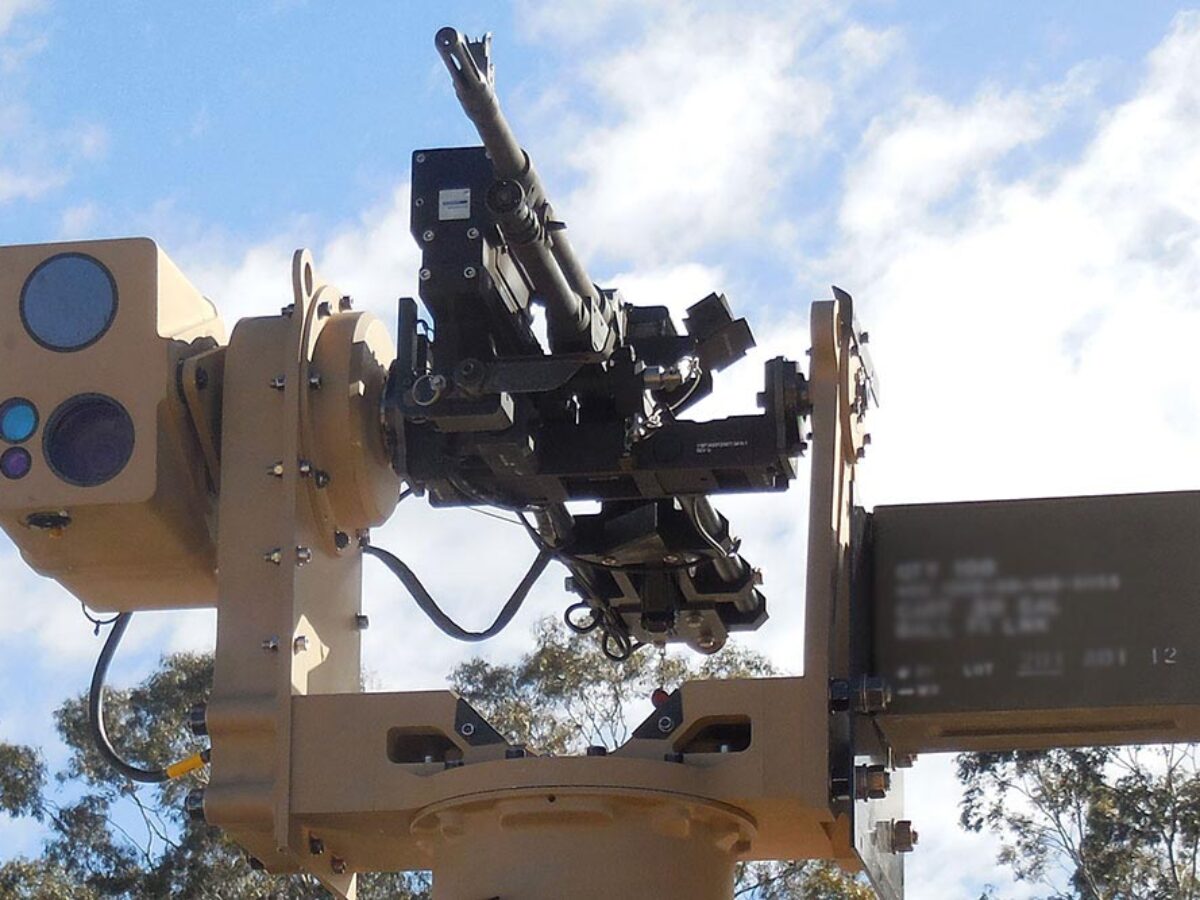EOS success points to defence industry lethality dilemma

Analysis by Peter Roberts
Recent successes by Canberra's Electro Optic Systems (ASX: EOS) in selling lethal weapons overseas have raised an issue long avoided by the defence sector – is it right to sell arms to despots?
For most of our history as a manufacturing nation there was a tacit agreement across party lines to sell only non-lethal systems overseas.
This changed when the Coalition, following its mishandling of submarine acquisition, put a new focus on defence industry and exports.
Since then there has been a gradual escalation of exports with various supplies going to nasty regimes in Africa and elsewhere.
But EOS, which makes weapons systems that can be remotely operated from inside the protection of an armoured car, has broken the lethality taboo.
EOS was criticised last month for a $450 million arms sale to the UAE which many believe will end up being used by Saudi Arabia against rebels in the bloody conflict in Yemen.
And now its weapons are getting bigger and more lethal.
At last week's Avalon air show, EOS announced its new T2000 system which moves beyond machine guns and grenade launchers.
The turret can mount 30-40 millimetre high performance cannon, 30 mm lightweight cannon, and up to two 7.62 mm machine guns.
EOS group CEO, Dr Ben Greene said: “The T2000 has been designed from the ground up as a new platform for supporting a wide range of emerging surveillance, protection and lethality solutions from multiple vendors in a fully integrated environment.
“EOS will compete with this turret for the requirements of Australia’s allies and partners globally, and over $1 billion of competitive offers have already been submitted in early 2019 for award from 2020.”
Only in the arms industry could death become a ‘leathility solution'.
The T2000 was developed in conjunction with Israel's Elbit Systems and manufactured in Australia.
However the prospect of $1 billion worth of Australian cannon potentially being used in urban fighting and even civilian areas is something that will take a lot of getting used to.
Saudi Arabia is a monarchical dictatorship, oppressive of women, in a bitter contest with its religious rival, Iran, and has been criticised for its brutal tactics in Yemen.
Maybe this is one area of policy that should have been consulted widely across the community, rather than just be decided in the Canberra bubble.
Picture: EOS
Subscribe to our free @AuManufacturing newsletter here.
@aumanufacturing Sections
Analysis and Commentary Awards casino reviews Defence Gambling Manufacturing News Online Casino Podcast Technology Videos





